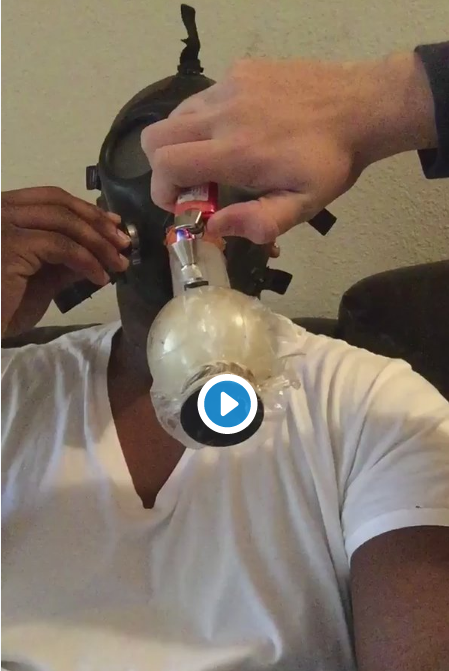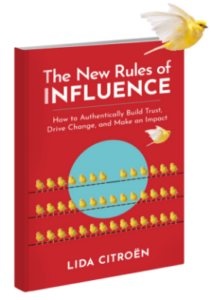There he was, anxiously awaiting his name to be called in the 2016 NFL Draft. What team would Laremy Tunsil go to? How much would he earn? Where will his professional football career “kick off?”

Then this photo, from an accompanying video, appeared on Twitter. Within minutes, teams reassessed; impromptu meetings were assembled and plans were re-drawn. The first 12 teams refused to take a chance on what could be a “troubled college athlete.” At a minimum, they saw his indiscretion as too risky for their brand and reputation as an organization. Estimates are that his indiscretion on social media may have cost him upwards of $7 million that night.
Was he simply “being a kid?” Was his account hacked? Was the video, as some reports indicate, years old? Does it really matter?
In today’s hyper transparent world, companies are less comfortable taking a risk on someone who 1. does not have boundaries in what they share with others, 2. makes poor choices in their personal lives, and 3. represents values that conflict with the company’s values.
Is this fair? Maybe, maybe not. But the company has the paycheck, and their employees, athletes, and other stakeholders must recognize that while social media is fun, fast, casual, and silly, the stakes for a business or personal brand are very high.
In a Career Builder Study of 2,300 hiring managers, 70% said they don’t hire an employee because of what they find online, particularly if they see drug or alcohol “abuse.” That means every photo you have online, that you’re tagged in, that represents you negatively could be hurting your career growth!
When you consider posting something online, first ask yourself:
- Does this photo represent me in a way I want to be known?
While you might be a fun, outgoing “party gal,” could your employer, investors, colleagues, or clients misinterpret your values if you post photos of you drunk in public? Let’s say your brand represents values of healthy living and commitment to taking care of others. Would a photo of you partying in a hot tub confirm that perception or could one of your colleagues question your authenticity? - Could this image be taken out of context?
A friend of mine attended a costume party dressed as Daisy Duke (from the TV show “Dukes of Hazzard”). She looked exactly like the character, with the short shorts and sexy blouse! She posted other photos from the party, as well. Soon she noticed that her friends were sharing just the photo of her dressed in costume without the context of the costume party. The outfit was risqué, and it wasn’t long before her employer called her in to discuss its appropriateness. - Is the image promoting my value proposition?
While social media should be friendly and not scrubbed of all personality, your images should confirm the image you want to promote, based on your values. Using that guideline, it’s okay to mix it up a bit. For instance, I show photos of me in full makeup during a speaking engagement, as well as no-makeup photos of me with my family and friends. I also show photos of the work I do with veterans, corporate groups, and my LIDA360 team. But I always make sure there is nothing offensive or distracting in the background of the photo and make sure the message is clear about what I do and what I believe in and how I am of value to those people and companies I serve.
I often hear, “but it’s MY Facebook/Instagram/Pinterest/Twitter page… why can’t I post what I want?” Of course you can (within the site’s guidelines). Just know there are consequences to posting images that can offend, upset, or concern the clients, investors, employers, and networking contacts that will endorse you, refer you, and hire you.
While Laremy Tunsil was picked up by the Miami Dolphins in the 13th round, he may never know what might have happened to his career the day of the 2016 NFL Draft had he made a different choice on Twitter.


